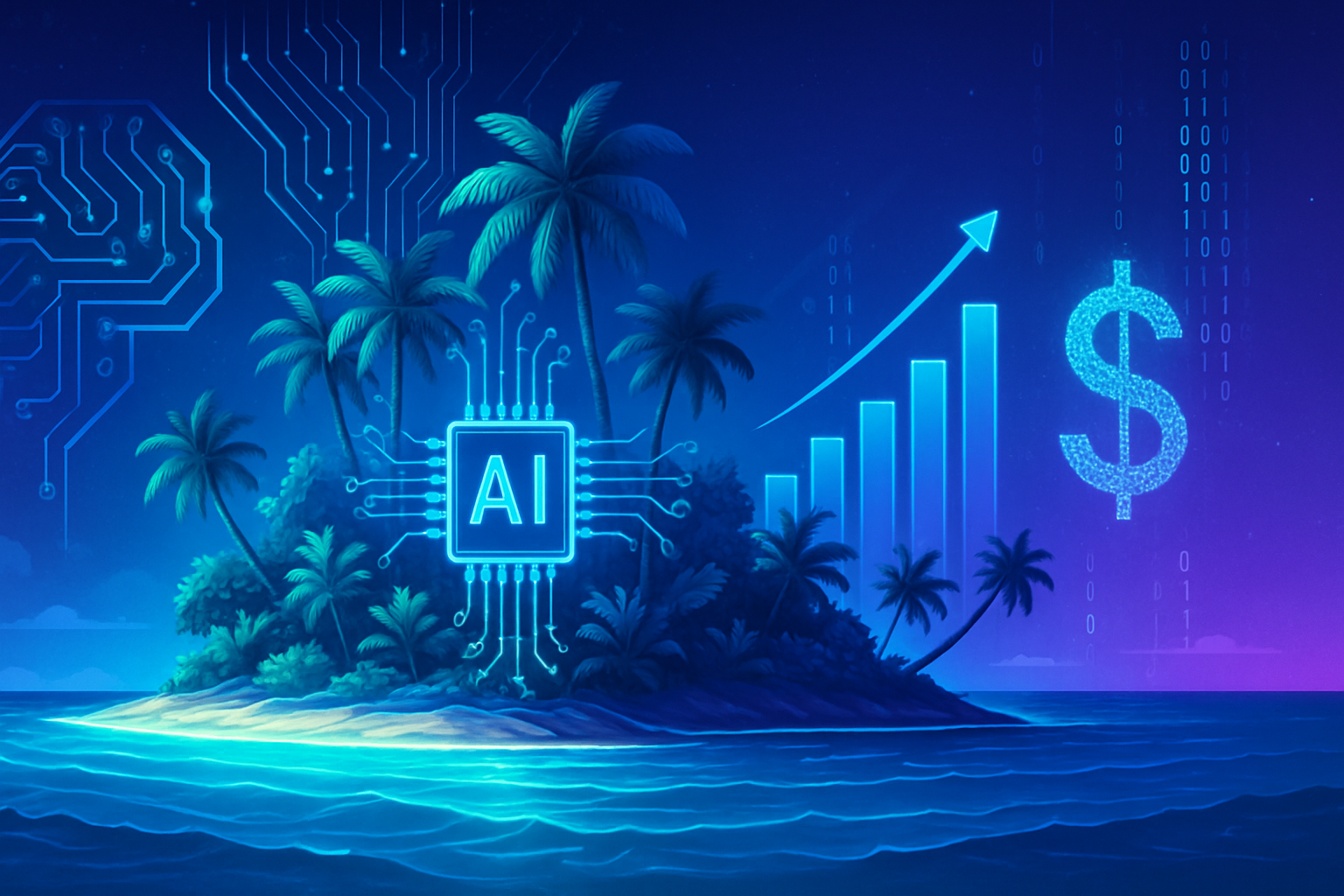Ensuring a sustainable transition requires strategic thinking and concerted action. Businesses, governments, and citizens must join forces in the face of unprecedented ecological and economic challenges. Dependence on fossil fuels threatens the planet and amplifies environmental crises. The rise of green technologies, as well as the adoption of robust ecological policies, is becoming imperative. _Reducing the carbon footprint_ and promoting the circular economy are primary objectives for ensuring our collective future. The path to a _sustainable energy transition_ must involve raising awareness and empowering economic actors. Community engagement and international cooperation are the keys to undeniable success in this essential struggle.
Challenges of the sustainable transition
The transformation towards a sustainable energy model presents a major global challenge. The climate is deteriorating, and the manifestations of this change are multiplying. Extreme weather events disrupt ecosystems and lead to alarming economic consequences. The need to decarbonize industrial sectors is becoming increasingly urgent to mitigate these impacts.
Contrasting views clash in the public debate regarding energy transition. Between proponents of environmental preservation, both economically and socially, and advocates of the fossil fuel status quo, the polarization of discourse complicates the development of effective public policies. The emergence of geopolitical conflicts, combined with the rise of protectionism, also hinders efforts towards profound change.
Partnerships and collaboration
Collaboration between the public sector, private sector, and civil society is essential. This participatory model fosters the emergence of innovative and sustainable solutions. Researchers, in alliance with businesses and governments, are committed to developing innovative technologies that address the challenges of transition. Without a collective effort, achieving carbon neutrality goals seems unattainable.
The development of consensus networks is necessary to facilitate the sharing of best practices and promote coherent energy policies. Such an approach encourages inclusivity and transparency, indispensable elements for gaining public support for new energy infrastructures. In this dynamic, education on sustainable transition is crucial for raising awareness among citizens about environmental issues.
Opportunities and new legislations
The legislative framework must evolve to stimulate the creation of new jobs in the clean energy sector. Federal programs, such as the Inflation Reduction Act, aim to create millions of green jobs in the country, even reaching the states most dependent on fossil fuels. The development of these economic opportunities represents a decisive lever to accelerate the energy transition.
New technologies, such as green hydrogen or advanced energy storage systems, are redefining the energy landscape. This phenomenon generates optimistic prospects for businesses focused on sustainability. However, implementing these solutions requires strong governmental support and tailored incentives to encourage economic actors to invest in innovation.
Hydrogen and industrial challenges
Efforts to replace natural gas and coal with zero-carbon hydrogen raise significant challenges. The steel and fertilizer sectors, among the most polluting, must integrate this new technology to reduce their greenhouse gas emissions. Industry leaders, such as ExxonMobil, mention the necessity of a proactive industrial policy to develop hydrogen demand while minimizing its production costs.
Carbon capture and storage represent a key alternative in this process. Investments in carbon capture technologies allow for the transformation of hydrogen and ammonia into sustainable fuels. However, technical questions remain regarding the implementation of these processes at a large scale.
Renewable technologies and accessibility
Renewable energies, particularly wind and solar, are rapidly developing and play a central role in the energy transition. The reduction in production costs and the increase in the efficiency of these energy sources encourage states to multiply investments. Thus, the establishment of microgrids and the modernization of distribution infrastructures are necessary to ensure constant and reliable access to electricity.
Innovative startups, like Form Energy or Active Surfaces, illustrate this entrepreneurial momentum towards more sustainable energy solutions. Research projects, particularly at MIT, aim to create solutions tailored to local needs while addressing the global challenges of climate change.
Inclusion and social justice
A framework for a sustainable transition cannot overlook social dimensions. Marginalized communities, often the most affected by the effects of climate change, must be at the heart of transition policies. Their rights and needs must be taken into account to ensure social justice in energy initiatives. This involves close collaboration with these communities to promote their involvement and representation in decision-making processes.
The creation of tailored training programs and the integration of local knowledge are necessary levers to strengthen individual capacities. The emergence of new jobs must also benefit vulnerable populations to ensure a fair and equitable transition. Ongoing vigilance is needed to assess the impact of policies and adjust efforts accordingly.
Frequently asked questions about ensuring a sustainable transition
What is a sustainable transition?
A sustainable transition involves a systemic change towards economic and social models that preserve the environment while meeting current needs without compromising those of future generations.
Why is it essential to ensure a sustainable transition?
It is crucial to ensure a sustainable transition to reduce the ecological footprint, combat climate change, improve quality of life, and ensure the sustainability of natural resources for future generations.
What are the main issues of a sustainable transition?
The main issues include reducing greenhouse gas emissions, preserving biodiversity, ensuring equitable access to resources, and improving economic systems to support inclusive growth.
How can businesses contribute to a sustainable transition?
Businesses can contribute to a sustainable transition by adopting eco-responsible practices, reducing their energy and resource consumption, and integrating sustainability principles into their business strategies.
What are the obstacles to a sustainable transition?
Obstacles include a lack of funding, resistance to change among certain stakeholders, social inequalities, and difficulties in coordinating efforts across different sectors and governance scales.
How can the success of a sustainable transition be measured?
The success of a sustainable transition can be measured using key indicators such as the reduction of carbon emissions, the increase in renewables in the energy mix, and the improvement of living conditions for vulnerable populations.
What policies are necessary to ensure a sustainable transition?
Policies favoring green innovation, education on sustainability, support for renewable energies, and investment in sustainable infrastructures are essential for guaranteeing a successful transition.
What role do individuals play in ensuring a sustainable transition?
Individuals can play a key role by adopting responsible consumption behaviors, supporting sustainable businesses, and participating in community initiatives aimed at promoting sustainability.
How can governments support a sustainable transition?
Governments can support a sustainable transition by offering tax incentives, legislating environmental protection, and investing in sustainable infrastructure projects and research and development initiatives.
What is the circular economy, and how is it related to sustainable transition?
The circular economy is an economic model aimed at minimizing waste by reusing, recycling, and recovering products and materials, which is essential for guaranteeing a sustainable transition by reducing dependence on non-renewable resources.






